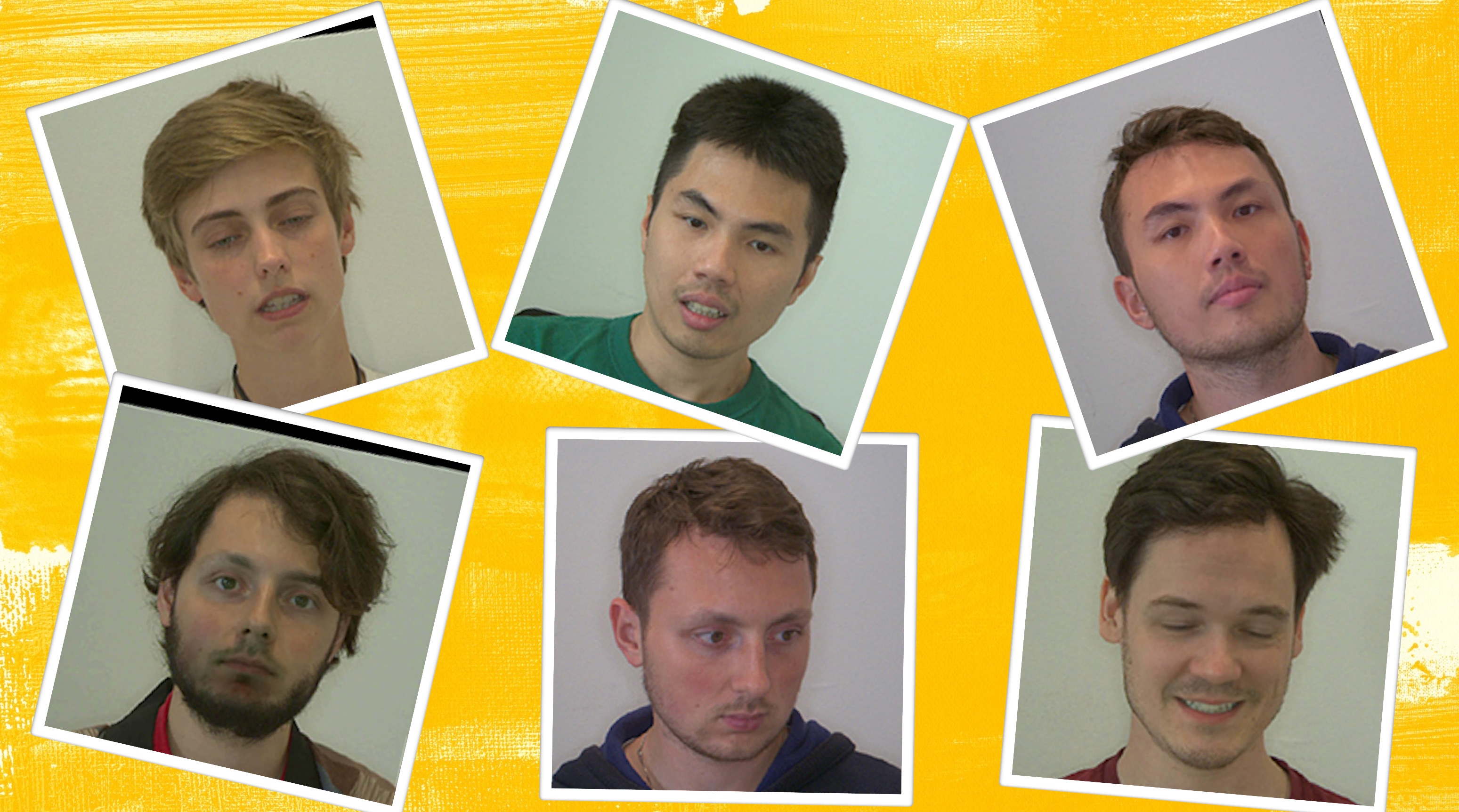The AI Deception Frontier: Deepfakes So Advanced They'll Fool Even Experts

AI-Generated Videos Can Inherit Human Heartbeats, Making Detection More Challenging
In a groundbreaking discovery, researchers have uncovered a fascinating new dimension to artificial intelligence's ability to mimic human characteristics. AI-generated videos can now seemingly "inherit" the subtle rhythmic patterns of human heartbeats, making these synthetic creations increasingly difficult to distinguish from authentic footage.
This innovative breakthrough reveals a sophisticated technique where AI algorithms can capture and replicate the microscopic physiological movements associated with human cardiac rhythms. These minute vibrations, typically invisible to the naked eye, are now being precisely mimicked in generated video content.
The implications are profound. As deepfake technologies continue to advance, the ability to reproduce such intricate biological signals represents a significant leap forward in creating hyper-realistic synthetic media. Experts warn that this development could make digital forgeries even more convincing and challenging to detect.
While this technological advancement showcases the remarkable progress in AI and computer vision, it also raises critical concerns about digital authenticity and potential misuse. As the line between real and artificial becomes increasingly blurred, researchers and cybersecurity professionals are racing to develop more sophisticated detection methods.
The future of digital media verification is evolving rapidly, with this heartbeat-mimicking technology serving as a stark reminder of the incredible—and potentially unsettling—capabilities of modern artificial intelligence.
